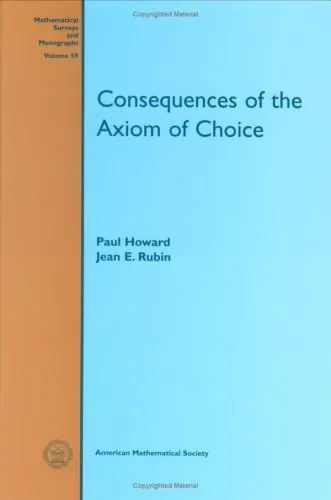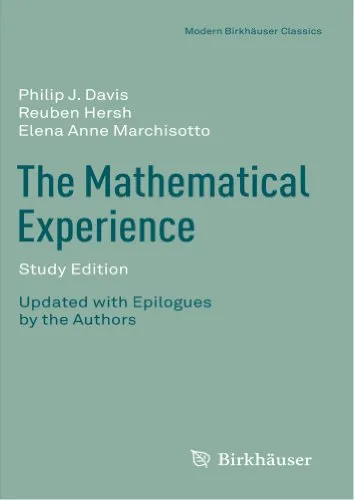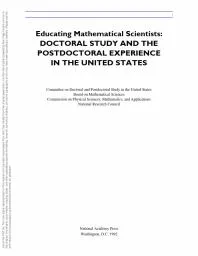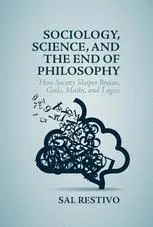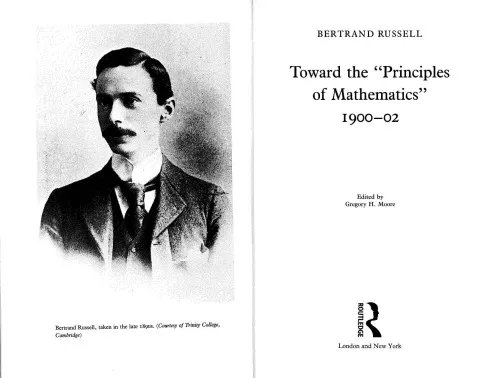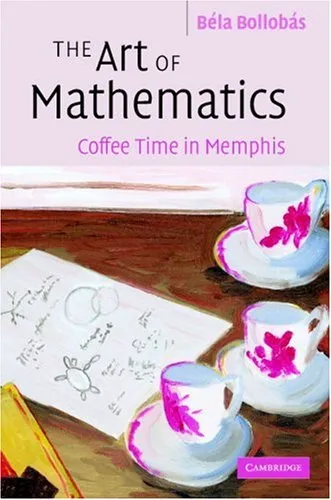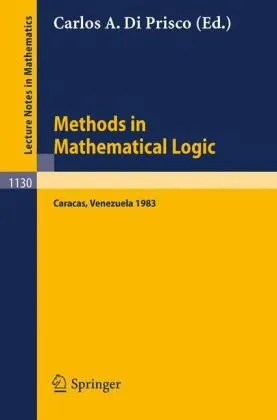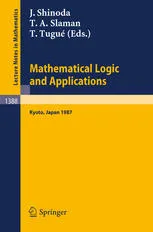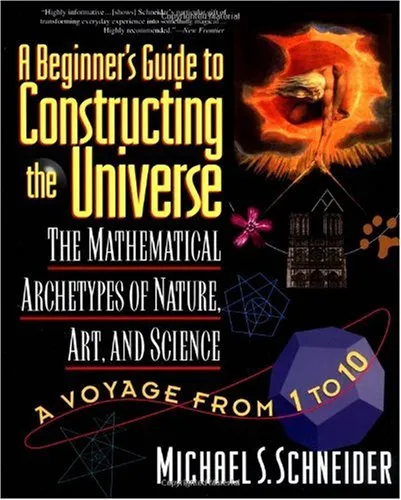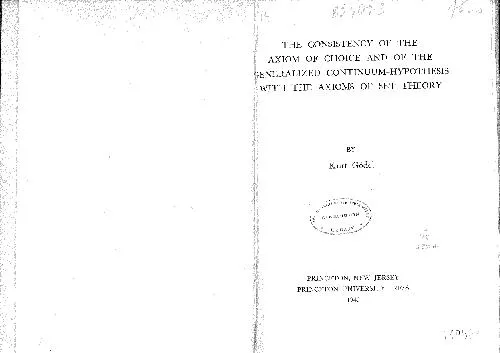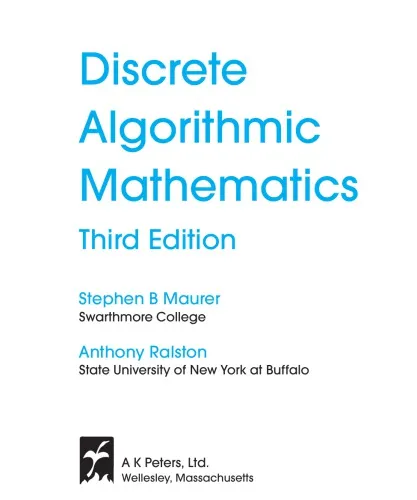Consequences of the Axiom of Choice
5.0
Reviews from our users

You Can Ask your questions from this book's AI after Login
Each download or ask from book AI costs 2 points. To earn more free points, please visit the Points Guide Page and complete some valuable actions.Related Refrences:
Introduction to "Consequences of the Axiom of Choice"
"Consequences of the Axiom of Choice" is a comprehensive and meticulous exploration of one of the most pivotal axioms in the mathematical field of set theory: the Axiom of Choice (AC). Authored by Paul Howard and Jean E. Rubin, this book delves deeply into the logical, practical, and philosophical ramifications of adopting or rejecting the Axiom of Choice. This text has become a cornerstone for mathematicians, logicians, and researchers in set theory seeking to understand the interplay between choice, existence, and construction in mathematical proofs and theories.
Summary of the Book
The Axiom of Choice is a mathematical assertion that, when stated simply, asserts the ability to select an element from each set in a collection of non-empty, disjoint sets — even when no explicit rule for making such a selection is defined. While this axiom may seem intuitive, its incorporation has profound implications for many areas of mathematics. Some results that stem from AC are both surprising and non-intuitive, laying the groundwork for philosophical debates and divergent approaches in the mathematical discipline.
In this book, the authors present an extensive catalog of consequences related to the Axiom of Choice, categorized and systematically analyzed. Topics covered include well-ordering principles, Zorn's Lemma, cardinal arithmetic, and the role of AC in topology and algebra. By providing this organized compendium, Howard and Rubin seek to illuminate the scope of the Axiom of Choice in shaping modern mathematics and its alternatives. In-depth proofs, logical structures, and counterexamples are provided to support the discussions, making this text both rigorous and enlightening for readers passionate about the theoretical underpinnings of mathematics.
Key Takeaways
- The Axiom of Choice is equivalent to many other mathematical assertions, such as Zorn's Lemma and the Well-Ordering Theorem, which are explored in depth in the book.
- Rejecting AC leads to the emergence of alternative frameworks, such as constructive mathematics, where explicit constructions replace non-constructive existence proofs.
- Numerous surprising consequences of AC — such as the Banach-Tarski Paradox, which states that a sphere can be partitioned and reassembled into two identical spheres of the same size — highlight the profound and sometimes counterintuitive results it produces.
- The book emphasizes the importance of understanding the foundational consequences of axioms in building mathematical theories and the philosophies underlying their optional inclusion.
Famous Quotes from the Book
"The Axiom of Choice is fundamentally a statement about the power of existence in mathematics: it posits that existence need not always rely on explicit criteria."
"Through the lens of the Axiom of Choice, mathematics becomes a domain where selection principles transcend the bounds of construction, revealing possibilities both astonishing and paradoxical."
Why This Book Matters
The significance of "Consequences of the Axiom of Choice" lies in its ability to provide a robust framework for understanding one of the most debated axioms in mathematical history. The Axiom of Choice is deeply entrenched in mathematical practice yet remains a source of philosophical contention due to its non-constructive nature. This book not only catalogs the myriad consequences of AC but also serves as a vital bridge for researchers and students seeking to connect logic, set theory, and other branches of mathematics.
For mathematicians working in foundations, this book challenges conventional assumptions, paving the way for alternative methodologies that arise from rejecting AC. Meanwhile, for researchers within mainstream mathematics, it illuminates the power and ubiquity of AC-dependent results, providing critical insight into why these constructs function the way they do. With its academic rigor and comprehensive approach, this book has become an invaluable resource for anyone seeking intellectual mastery over the foundational pillars of set theory and mathematical logic.
Free Direct Download
You Can Download this book after Login
Accessing books through legal platforms and public libraries not only supports the rights of authors and publishers but also contributes to the sustainability of reading culture. Before downloading, please take a moment to consider these options.
Find this book on other platforms:
WorldCat helps you find books in libraries worldwide.
See ratings, reviews, and discussions on Goodreads.
Find and buy rare or used books on AbeBooks.
1458
بازدید5.0
امتیاز0
نظر98%
رضایتReviews:
5.0
Based on 0 users review
Questions & Answers
Ask questions about this book or help others by answering
No questions yet. Be the first to ask!
